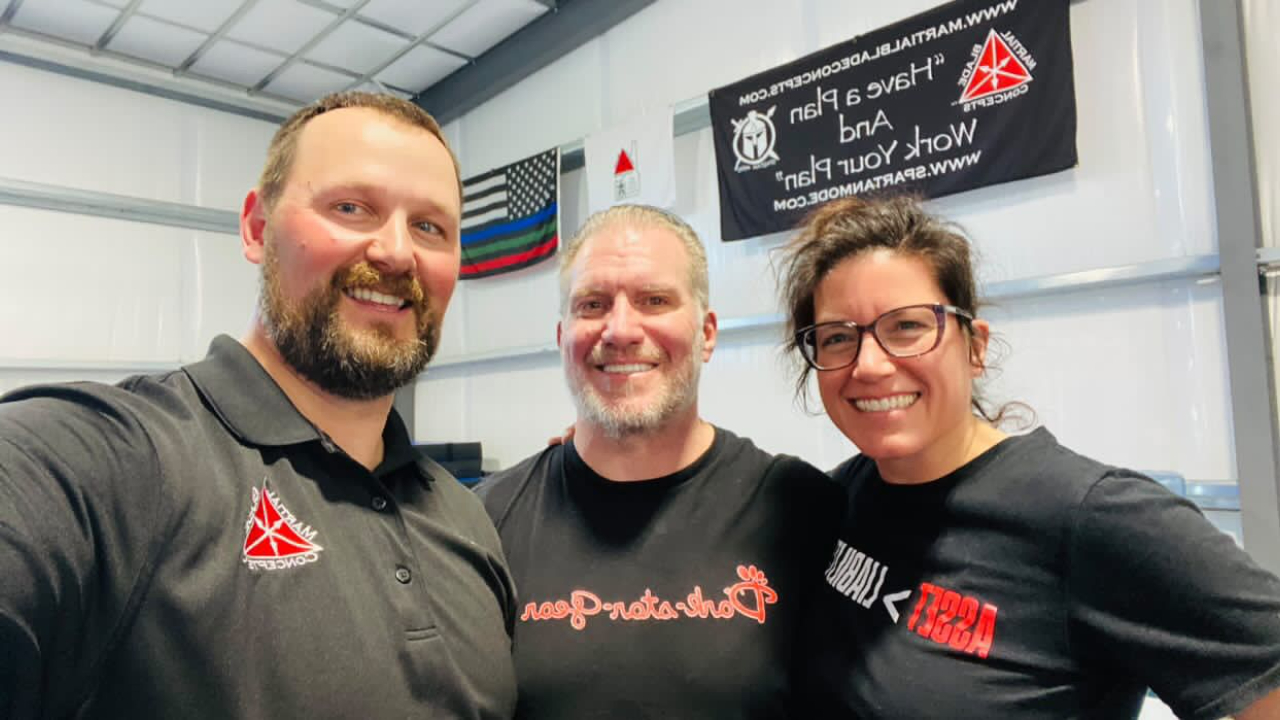
Aliveness; The Foundational Principle
Jan 19, 2025This is the essence of Aliveness: to give the three aspects of Aliveness, (movement, timing, and resistance), the time and opportunity to guide the trainee into a place of discovery. Effective precedes efficient. In the movement coaching world, there is a foundational understanding that effectiveness must come before efficiency, abundance before adaptability, and degeneracy before dexterity. As a coach, it is essential to keep these principles in mind when teaching the skills I coach.
I must be willing to accept some sloppiness as trainees put in the necessary work. I remind myself, and them, that children don't learn to walk as soon as they stand. There's a period of wobbly, awkward movement, a controlled fall, that inevitably leads to a tumble. Yet, we let them continue. They keep falling, but with time, they take more steps between each fall. Eventually, they master walking, and soon they're running around the house while we reminisce about when we could lay them on a blanket and enjoy a moment of rest.
This process of awkwardness and repeated failure plays out again as they learn to ride a bike, hit a baseball, kick a soccer ball, and even in academic areas like reading, math, or social interactions. There is always a time of uncertainty and painful trial that precedes coordination.
When it comes to children, we offer all the grace and space they need. We encourage them, provide guidance as needed, but we also recognize that failure is a necessary part of their journey to success. They have to discover how much pressure to apply to the pedals, how to balance between the seat and handlebars—and yes, they will fall until they don't. Even after they become proficient riders, they'll still fall if they push themselves further. As the saying goes, even monkeys fall out of trees. The only way to avoid falling entirely is to avoid movement, but that’s not a sustainable or meaningful way to live.
As a coach, I often hear a trainee's inner dialogue surface during practice. They are hard on themselves, wanting to excel, especially when I am nearby. The danger here is that the trainee might stop attempting to discover new possibilities and revert to what they already know works. I liken this to a child who, after falling while attempting to walk, decides crawling is safer. They’re less likely to fail, and the coach won't see them stumble. But I want to see them fail because I know that degeneracy precedes dexterity. I know that failure means they are trying something they can't yet do. They will learn what doesn’t work as a necessary step toward ingraining what does.
These principles are not confined to coaching or learning movement, they apply to life. Everything starts messy before it becomes orderly. Chaos often precedes smooth operation. Introducing additional variables, like new people or challenges, creates environmental shifts to which we must adapt. We can choose to stay in the safe, known zone or we can embrace the process of learning to walk on new uneven surfaces.
The lessons we learned while learning to walk are among the most valuable of our lives. This process repeats itself every time we acquire a new skill. In the beginning, you will fall. The key is to get up and try again. Accept the fall as a step closer to your goal.
Photo from Adam Boyce excellent class on the use of a knife as a life saving tool.
Don't miss a beat!
New moves, motivation, and classes delivered to your inbox.
We hate SPAM. We will never sell your information, for any reason.

